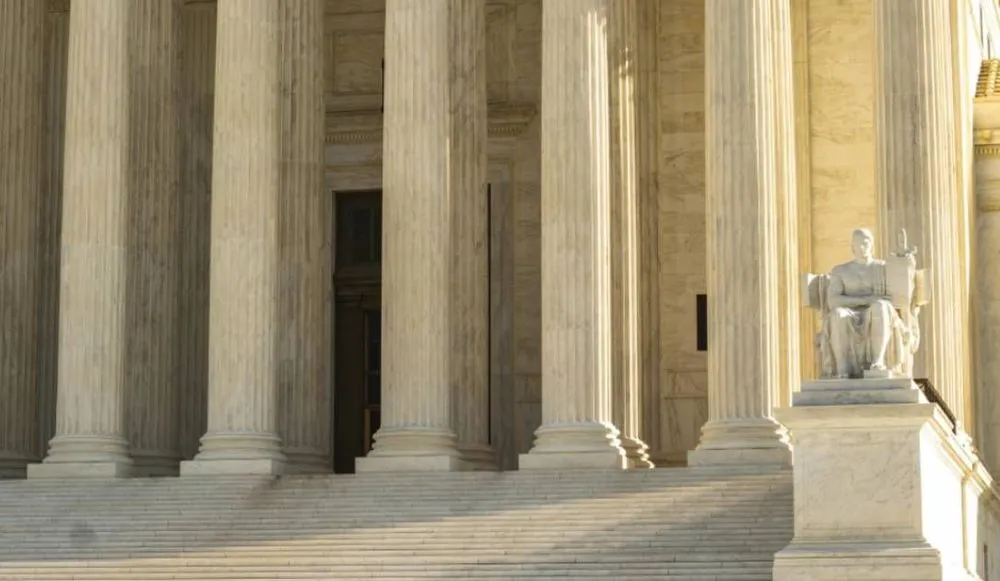Federal judiciary tightens digital security as it deals with ‘escalated cyberattacks’
U.S. federal court officials on Thursday said they are working to bolster online security for sensitive documents and other case files in an attempt to block cyberattacks and data breaches.
The move is “in response to recent escalated cyberattacks of a sophisticated and persistent nature on its case management system,” according to a statement issued by court officials.
The statement added that the judiciary is focused on “further enhancing security of the system and to block future attacks, and it is prioritizing working with courts to mitigate the impact on litigants.”
The statement followed a Wednesday report from Politico revealing a major hack of the courts’ case filing system which officials feared exposed the identities of confidential informants in criminal cases.
The courts’ case filing system, Public Access to Court Electronic Records (PACER), includes sealed materials containing highly sensitive information not intended for public consumption.
Officials have declined to address the scope of the hack or say who they believe is behind it.
The statement issued did not indicate whether information about confidential informants was exposed, but discussed the vulnerability of sensitive documents at length.
On June 24, the federal judge overseeing efforts to update electronic case filing technology for U.S. courts told Congress that the federal judiciary is being attacked regularly by exceptionally capable hackers.
The chair of the Committee on Information Technology for the federal courts’ national policymaking body, Michael Scudder, testified that the federal court system blocked about 200 million harmful cyber “events” in the 2024 fiscal year.
“The Judiciary has had to respond to waves of highly sophisticated and persistent cyber threats,” Scudder said in written testimony. “Given the information in the Judiciary’s control, we continue to face unrelenting security threats of extraordinary gravity.”
Scudder also told members of the House Judiciary Committee that PACER is “unsustainable due to cyber risks” and needs to be replaced with a more cyber-secure system.
Suzanne Smalley
is a reporter covering privacy, disinformation and cybersecurity policy for The Record. She was previously a cybersecurity reporter at CyberScoop and Reuters. Earlier in her career Suzanne covered the Boston Police Department for the Boston Globe and two presidential campaign cycles for Newsweek. She lives in Washington with her husband and three children.



